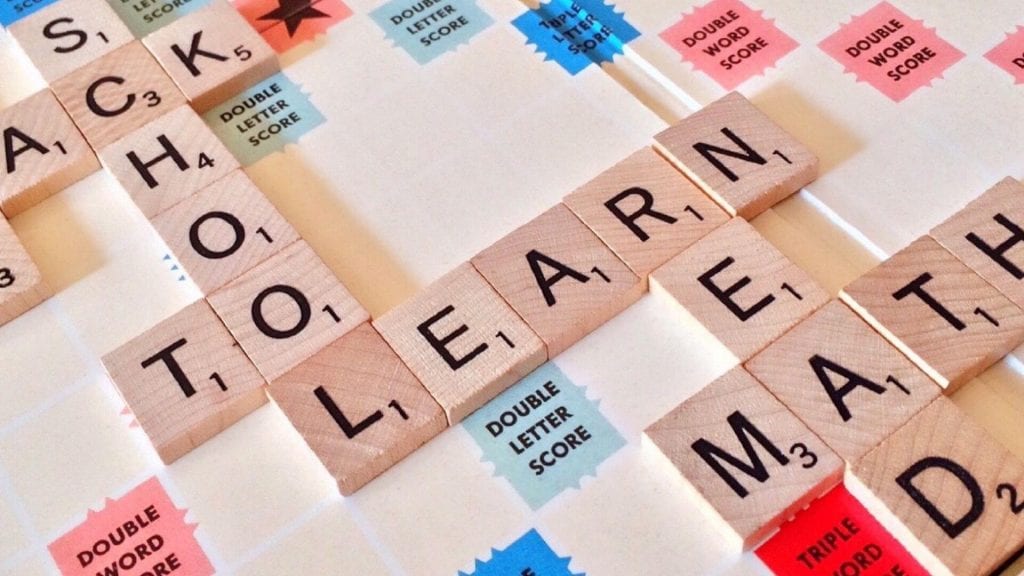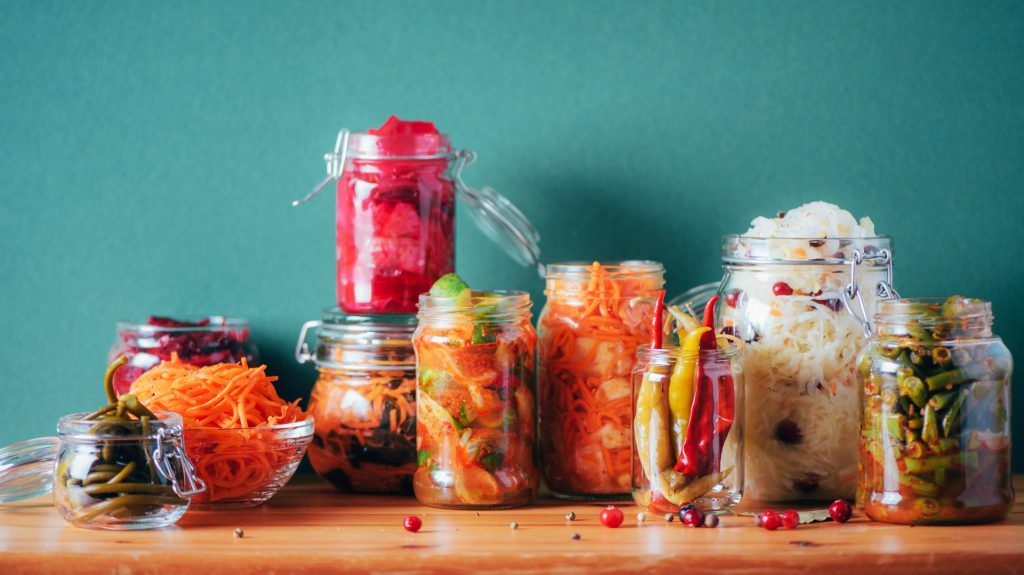If you or a loved one suffer from Obsessive Compulsive Disorder (OCD), you know that anxiety and often depression accompany intrusive thoughts and habitual behaviors. Sadly, an OCD diagnosis tends to come with much emotional distress but it doesn’t have to ruin your life. Read on to understand why Obsessive Compulsive Disorder is such an epidemic in our world today.
Remember the spelling bee when you were a kid? We were lined up and then one by one we got words wrong until the last student was standing, who got them all right.
You might remember those days. I do.
What strikes me is this: Those days are now our days. What I mean is, the spelling bee, the perfection of the words, having to get it right, overthinking, unrelenting pressure, is becoming the new normal for people.
Enter Obsessive Compulsive Disorder, which is impacting more people than ever before.
It’s an epidemic in our world.
OCD makes it difficult to sustain meaningful relationships because this condition wreaks havoc on academic, social, and work life, as well as family dynamics.
This month I’m excited to bust myths about OCD and share the biochemical component of true OCD, which is a condition called undermethylation. Keep in mind Obsessive-Compulsive Personality Disorder (OCPD) is correlated with overmethylation, which will be my focus in a few months.
With true OCD, there is almost always guilt and shame (often after an event such as binging and purging), however, on the flip side, individuals with OCPD do not see their behaviors and attitude as unhealthy, nor do they see their feelings and perceptions as unwanted or unreasonable. In essence, they have a “my way or the highway” attitude which, unfortunately, often leads to deeply fractured relationships.
Obsessive Compulsive Disorder (OCD) Defined
- Eating disorders (ED’s)
- Addictions
- Perfectionism (often with body image and appearance – Body Dysmorphic Disorder (BDD)
- Hoarding
- Constant checking, arranging and counting
- Repeatedly cleaning items that have already been cleaned
- Hand washing that occurs several times a day
- Intrusive thoughts
- High inner tension (anxiety) with depression
- Repeated ideas, often unwanted, reoccurring throughout the day
- Fear of contamination
- Aggressive impulses
- Persistent sexual thoughts
- Repeated thoughts of hurting someone you love
- The belief that you might cause others harm or that you might be harmed
You may have only a few of the above traits or many of them. For me, my OCD manifested itself in the form of an eating disorder along with body image dysmorphia, severe depression, anxiety, and suicidal thoughts.
In fact, I functioned this way for most of my life until I finally figured out I was undermethylated.
Undermethylation is something we’re talking about here, which is the underlying cause of true Obsessive Compulsive Disorder, so stay with me.
Undermethylation is an inherited condition that occurs when too few methyl molecules are available to add to what your body needs: things like enzymes that help your liver do its job of detoxifying your body, to hormones that balance blood sugar, and most importantly, balancing neurotransmitters such as serotonin and dopamine so you can be happy and sleep well, among other things.
Methyl molecules (or methyl groups (Me)) are on-off switches for those hormones, neurotransmitters, and enzymes I mentioned. A Me is made up of one carbon atom bonded with three hydrogen atoms. These methyl groups can drastically alter how you think, feel, and act.
If you are undermethylated like me, we simply don’t make enough Me on our own, which is why we are depressed in the neurotransmitters serotonin, dopamine, and norepinephrine.
I like to think of neurotransmitters as highways centers in the brain, used to transmit messages between nerve cells. Here’s a breakdown of them:
Serotonin
- Known as the “happy” chemical because it gives us a sense of wellbeing and happiness.
- In concentrated in the brain, bowel (often called the second brain), and platelets (platelets are tiny blood cells that help your body form clots to stop bleeding).
- Is important for appetite, digestion, sleep (it’s a precursor to melatonin), and memory.
- It also plays a role in sexual function.
Dopamine
- Is known for pleasure and satisfaction as part of the brain’s reward system, which is why undermethylators struggle so much with addiction.
- It helps regulate movement and the motor system (Parkinson’s is also connected to undermethylation).
- Is a critical chemical for attention, learning, and emotional responses, which is why ADHD is another component of undermethylation.
Norepinephrine
- Don’t be scared by this word. It’s easy to pronounce once you get the hang of it: nawr-ep-uh-nef-rin. Also called noradrenaline (nawr-uh-dren-l-in), norepinephrine is a chemical released by the adrenal glands.
- It is a regulator of attention and impulsivity (there’s that ADHD again).
- It’s part of the body’s fight and flight response and has a direct impact on heart rate and blood pressure (no wonder my BP was always so low!).
Based on what I’ve shared, it’s pretty obvious why we respond well to serotonin-enhancing substances such as anxiety medication, anxiety medication, St. John’s Wort, and SAMe. We are also more at risk of developing certain types of cancers and have a genetic tendency to be very low in calcium, magnesium, methionine, and vitamin B6, with excessive levels of folic acid.
This is why vegan diets aren’t good options for us. I’ve even written a cookbook about it (with all the research) here.
I am often asked how methylation disorders came to be and the simple answer is fortification and enrichment of foods has not done us any favors. Then, to add insult to injury, the liberal use of folic acid after the first trimester of pregnancy (when it’s no longer needed) is actually creating little undermethylated beings in utero because all forms of folate strip methyl at the level of DNA. You can listen to my podcast about it here.
Today, I have a really good relationship with food and my body. I no longer berate and starve myself, nor do I get on a scale (I got rid of it years ago and suggest you do the same) or count calories. Those intrusive thoughts are gone and I am blessed with healthy relationships. If I want a piece of cake I so without judgment.
Sure, I’m particular and can be nitpicky at times, but my perfectionism is a positive trait now. It serves me well in my business because I’m so good with fine details and I love order, so everything is usually in its place (though I admit as I write this I’m looking at a stack of papers atop my printer). I never thought my concentration could be so good, which isn’t something I could say in my 20’s.
I also confess I own 5 shades of red lipstick because I couldn’t decide if I should get blue or yellow toned options, but hey, nobody’s perfect.
If you have a hunch you are like me and want to be free, I would be honored to take the next steps with you. My free assessment will help, and then fill out a consult form to work with me one on one.
If you have a hunch you’re not like me but know someone who might be… share this with them! I’ll repeat, which is a little OCD: if you know of a loved one who is struggling with OCD and needs help then be HOPE for them by sharing this post!








